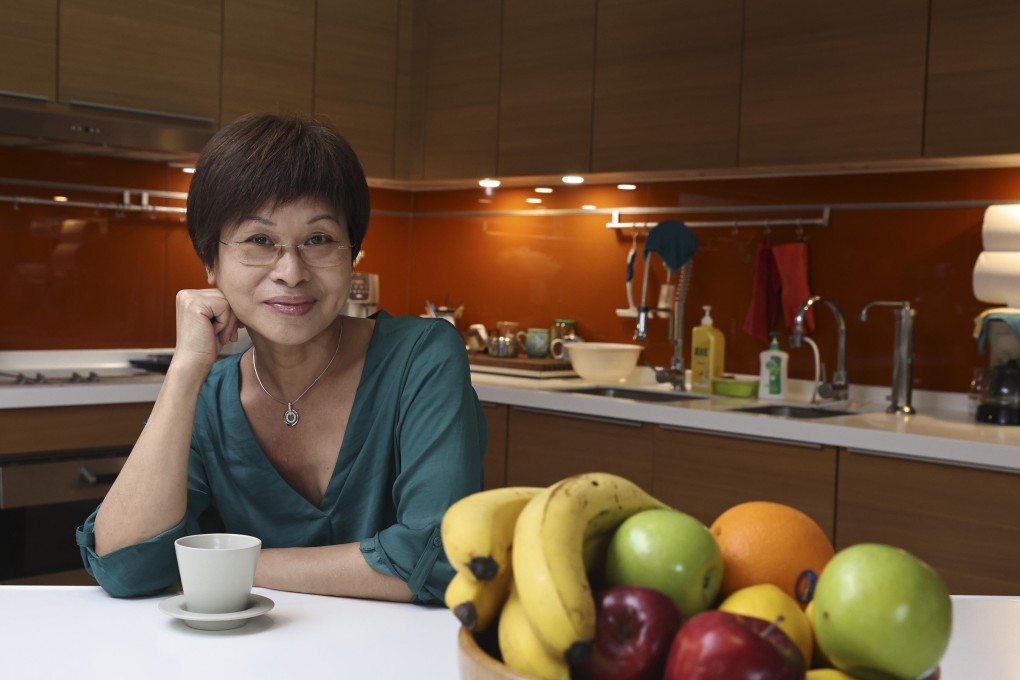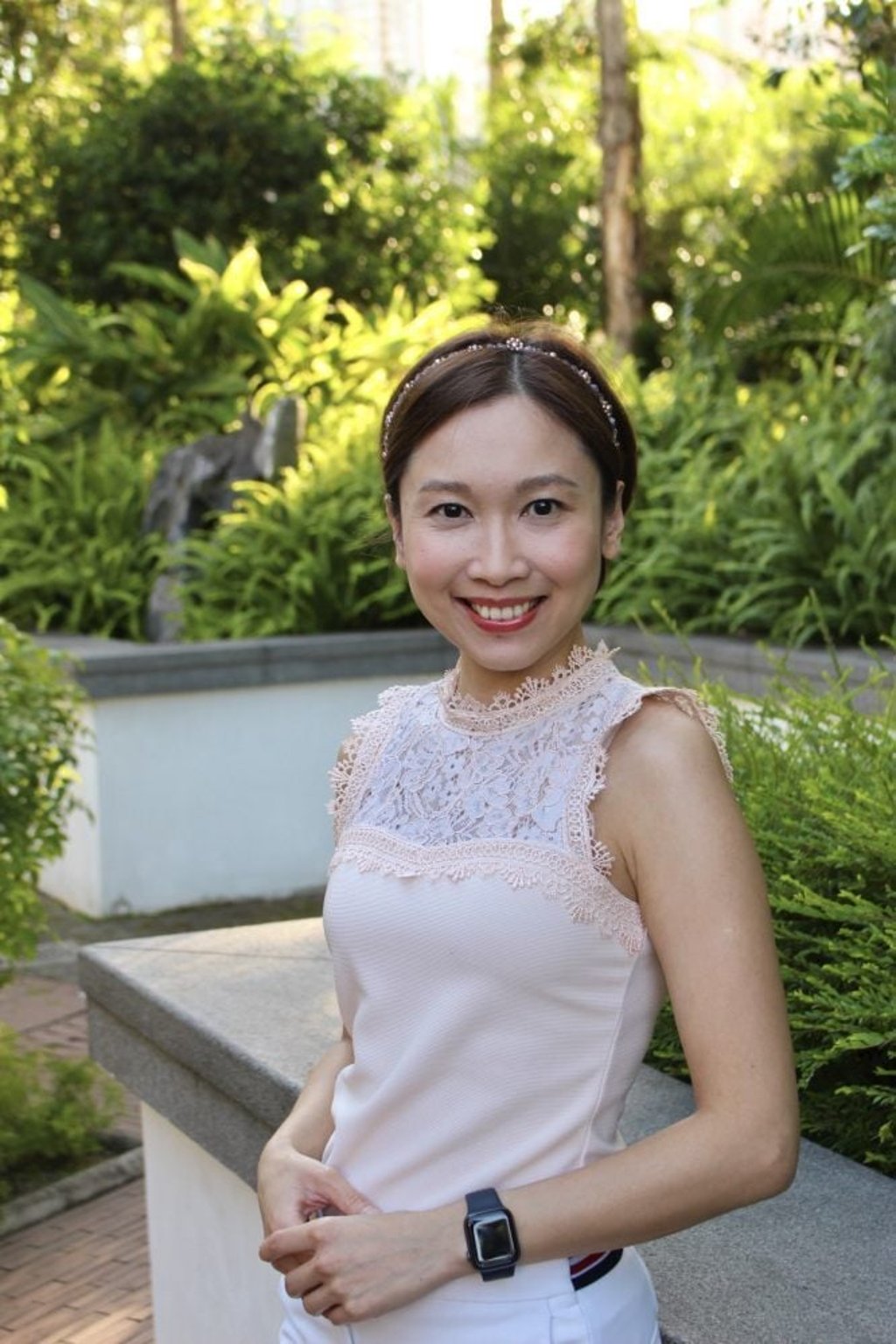What to eat during cancer chemotherapy to avoid weight loss from malnutrition – foods like bananas and miso soup that won’t cause nausea
- Many cancer patients become malnourished during treatment because of poor appetite, nausea, dry and sore mouth and problems swallowing
- Breast cancer survivor May Chan took a dietitian’s advice to stay healthy and strong as she has treatment, eating small meals and blending her food when needed

After May Chan Mei-wah began chemotherapy and radiation treatment for Stage 2 breast cancer almost a year ago, she found it a challenge to eat.
“I had no appetite, experienced nausea, vomiting and bloating, and couldn’t taste my food,” says the 55-year-old from Hong Kong. “I also had trouble chewing because my gums were sore and I could barely move my jaw because my mouth felt paralysed.”
Such problems are not uncommon for cancer patients undergoing treatment. According to Sally Poon Shi-po, a dietitian at Maggie’s Cancer Caring Centre in Hong Kong, typical side effects of chemotherapy include a poor appetite, nausea and vomiting, taste changes, dry mouth, and issues with the tongue and throat such as sores and difficulty swallowing.
The severity of the side effects differs from person to person, and doctors may prescribe medication to prevent some of them.

It’s not surprising, then, that many cancer patients undergoing therapy are malnourished – about 20 to 70 per cent, depending on their age, cancer type and cancer stage, says Poon. This leads to weight and muscle loss, higher risk of infection, psychological stress, reduced quality of life, treatment toxicity, and increased risk of death.